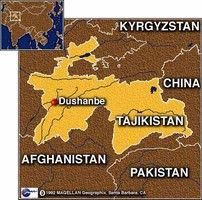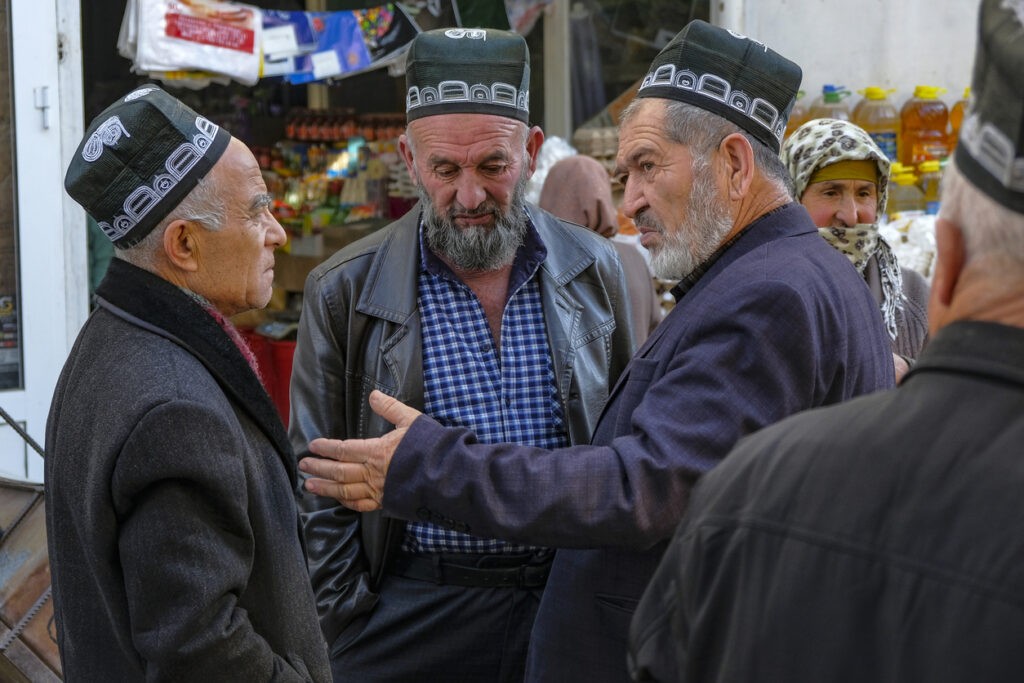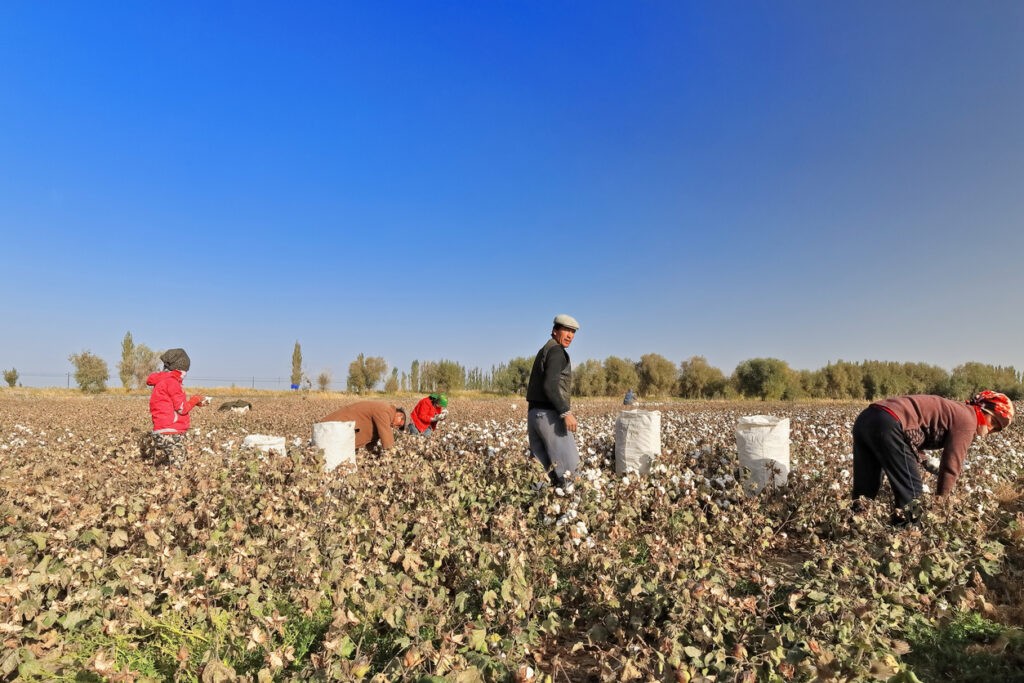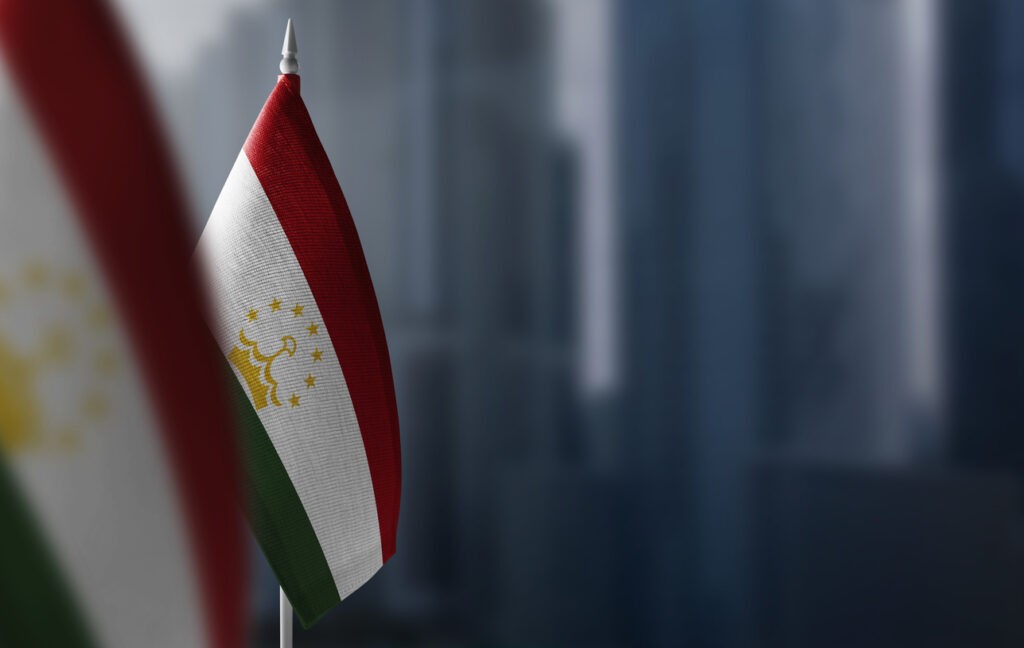DUSHANBE (TCA) — The European Union and Tajikistan on October 26 held their tenth Human Rights Dialogue in Dushanbe. The meeting allowed for an open and frank exchange of views on the human rights situation in Tajikistan, the Delegation of the European Union to Tajikistan said.
During the Dialogue the European Union welcomed the release of the jailed journalist Khairullo Mirsaidov and human rights lawyer Shukrat Kudratov. The EU also expressed appreciation for the active work of Zarif Alizoda, the Tajik Ombudsman for Human Rights and encouraged Tajikistan to strengthen independence of this human rights institution.
The sides concurred that there has been some progress in the area of prevention of torture and ill treatment in detention, notably by enhancing legal safeguards against torture. Nevertheless, the EU encouraged the Tajik government to ensure greater efforts in implementing these legal provisions by ensuring thoughtful and timely investigation on torture cases, as well as guaranteeing adequate compensation for victims of torture, independent monitoring of detention facilities.
The EU welcomed the positive steps that have been taken over recent years to advance gender equality in Tajikistan. The parties acknowledged that more could be done in this area and the EU encouraged the Tajik side to introduce effective implementation mechanisms of legislation and policies on state guarantees of gender equality. The EU also urged the Tajik Government to immediately criminalise domestic violence through the introduction of a separate criminal offence to the Criminal Code. The EU also welcomed the signature by Tajikistan of the UN Convention on the Rights of Persons with Disabilities.
Notwithstanding some positive developments, the EU expressed concerns about the overall shrinking space for human rights in Tajikistan. The continuous imprisonment of political opponents, harassment of members of their families and lawyers representing them was underlined by the EU side. The case of jailed lawyer Buzurgmehr Yorov was raised in particular. The EU called Tajikistan to review the case, as well as to authorise and facilitate a meeting in prison with Yorov for the EU Ambassadors residing in Dushanbe.
EU representatives underlined the pivotal role played by civil society organisations and human rights defenders in Tajikistan, and expressed concern about the pressure they continue to experience. The EU encouraged the Tajik government to agree to a greater degree of involvement of civil society organizations in the law-making process.
The EU urged Tajikistan to cease blocking access to news and social media websites. While fully sharing Tajikistan’s priority of ensuring security and stability, the EU nevertheless stressed that internal stability is not incompatible with the free access to information and in fact can be mutually reinforced. The EU underlined that access to information is a vital part of a democratic state and called the Tajik Government to facilitate access for all journalists.
The EU delegation was led by Boris Iarochevitch, Head of the Central Asia Division of the European External Action Service, while the Tajikistan delegation was headed by Abdujabbor Sattorzoda, Head of Human Rights Guarantees Department of the Executive Office of the President of the Republic of Tajikistan.








